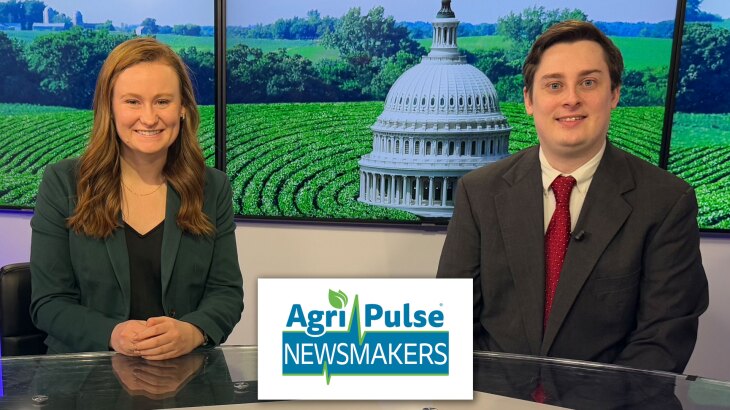Dry weather is taking a toll on winter wheat growers. Planting progress has slowed over the last week, and what is already in the ground is not thriving.
“But then look at the emergence numbers, that’s even more stark, because out of our 18 production states, we see that there are 7 where there are emergence delays compared to average of at least five percentage points. Our lists includes Oklahoma and Texas, but it also includes Arkansas, Missouri, Nebraska, Ohio and South Dakota. That is yet another sure sign that there simply is not enough moisture for the proper emergence and establishment of this crop,” said USDA’s Brad Rippey.
Right now, USDA has the current winter wheat crop at just 38 percent good to excellent, and 23 percent is in the bottom category.









